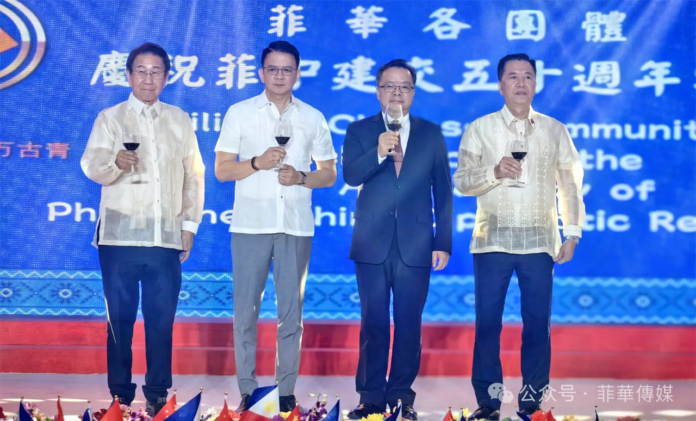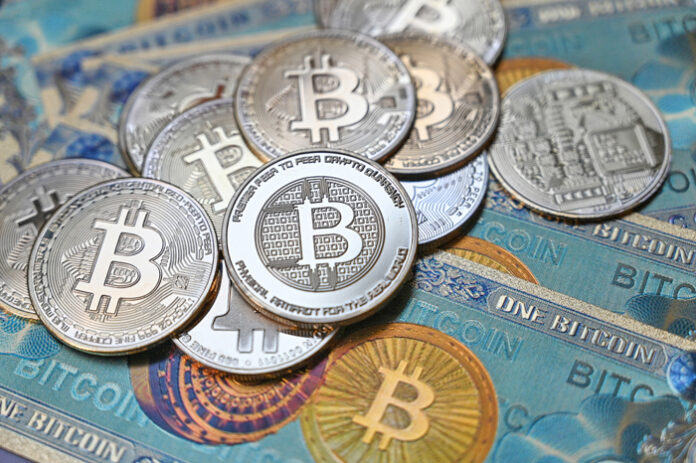The Philippines is far from solving the plastic waste leak.
The plastic pollution crisis took center stage on June 5, or the 52nd annual World Environment Day, and the Philippines is certainly among those in the limelight.
Little by far is being done by major Philippine company plastic polluters—Coca-Cola Beverages Philippines Inc. of the Aboitiz Group, Nestlé Philippines Inc. and Universal Robina Corp. of the Gokongwei Group—to stem the tide of pollution.
The four local companies are joined by top global plastic polluters in 2023, identified as The Coca-Cola Co., Nestlé, Unilever, PepsiCo, Mondelēz International, Mars Inc., Procter & Gamble, Danone, Altria and British American Tobacco.
Every year, according to the United Nations, 400 million tons of plastic are produced worldwide. Half of this plastic is designed to be used only once, and only 10 percent is recycled.
Between 19 million and 23 million tons of plastic waste leak into aquatic ecosystems annually, and without urgent action, this figure is expected to rise by 50 percent by 2040, the UN warns.
Plastic pollution, says the UN, is contaminating every corner of the planet, threatening ecosystems, wildlife and human health. Micro-plastics are found in food, water and air, with the average person estimated to ingest over 50,000 plastic particles each year, and far more when inhalation is included.
The UN study is, indeed, alarming. If the climate crisis goes unaddressed, with plastic pollution as a major driver, the UN says air pollution levels exceeding safe thresholds could rise by 50 percent within a decade. Meanwhile, plastic pollution in marine and freshwater environments may triple by 2040.
Studies have shown that the food and beverage sector accounts for 31.1 percent of plastic pollution in the world, with bottle and container caps contributing 15.5 percent. Plastic bags account for 11.2 percent while beverage bottles and containers share 7.3 percent.
A global treaty seems to be the fitting solution to end plastic pollution. Countries are currently negotiating an international, legally binding agreement with the next round of talks scheduled for August.
UN Secretary-General Antonio Guterres has called for an “ambitious, credible and just agreement” that addresses the full lifecycle of plastics, reflects community needs, aligns with the UN’s Sustainable Development Goals and is implemented quickly and fully.
UNDP Philippines, the local chapter of the United Nations Development Program, last year year painted a grim picture of the pollution crisis. Millions of Filipinos are heavily dependent on coastal and marine resources that are now threatened by marine plastics.
“Its emerging economy contributes to the increase in plastic generation. This is alongside the permeation of the ‘sachet economy’ that most Filipinos are used to, partly driven by the small purchasing capacity of most of the population,” says Dr. Selva Ramachandran, UNDP Philippines resident representative.
The penchant for buying products in plastic sachets—from candies and shampoos to coffee mixes and soft drinks—has made the Philippines one of the main contributors to marine plastic pollution. The country generates about 2.7 million tons of plastic waste, with over 500,000 tons ending up in the seas and oceans every year.
The UNDP has estimated that more than 400 million tons of plastic are produced worldwide every year, with one third used only once.
“If that is not concerning enough, the equivalent of over 2,000 garbage trucks full of plastic is dumped into the world’s oceans, rivers, and lakes every single day. This is primarily why our seas and oceans are choking with mismanaged plastic wastes, which end up infiltrating even the food that we eat,” Ramachandran notes.
The UNDP official offered circular economy as a solution in breaking the cycle of plastic pollution.
Baby steps
A few local companies, meanwhile, have taken the initiative, or baby steps, to correct nature’s impurity,
Prime Integrated Waste Solutions (PWS), a subsidiary of Prime Infrastructure Capital Inc., has launched a resource recovery initiative focused on collecting and diverting post-consumer plastic bottles.
PWS’s materials recovery facility (MRF) in Cebu recently delivered 6.2 metric tons of baled PET bottles to PETValue Philippines Corp., the country’s largest bottle-to-bottle recycling facility.
PETValue, a joint initiative by major plastic polluter Coca-Cola and Indorama Ventures, uses advanced technologies for recycling PET (polyethylene terephthalate) plastic bottles.
“Whether through diverting plastic bottles from the waste stream or enabling plastic credit offsets, our focus remains the same: maximizing the value of recovered materials and helping our partners meet their sustainability goals,” says Cara Peralta, market sector lead for waste at Prime Infra.
The Philippines is far from solving the plastic waste leak. Authorities, thus, must be up to the challenge before the damage to the environment becomes irreversible.
E-mail: rayenano@yahoo.com or extrastory2000@gmail.com








